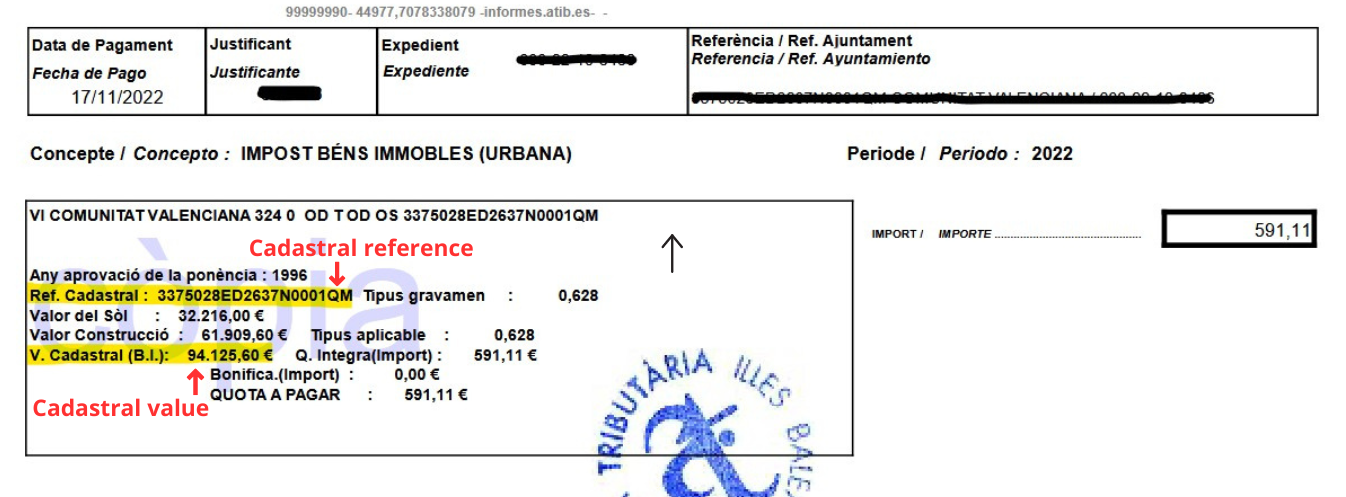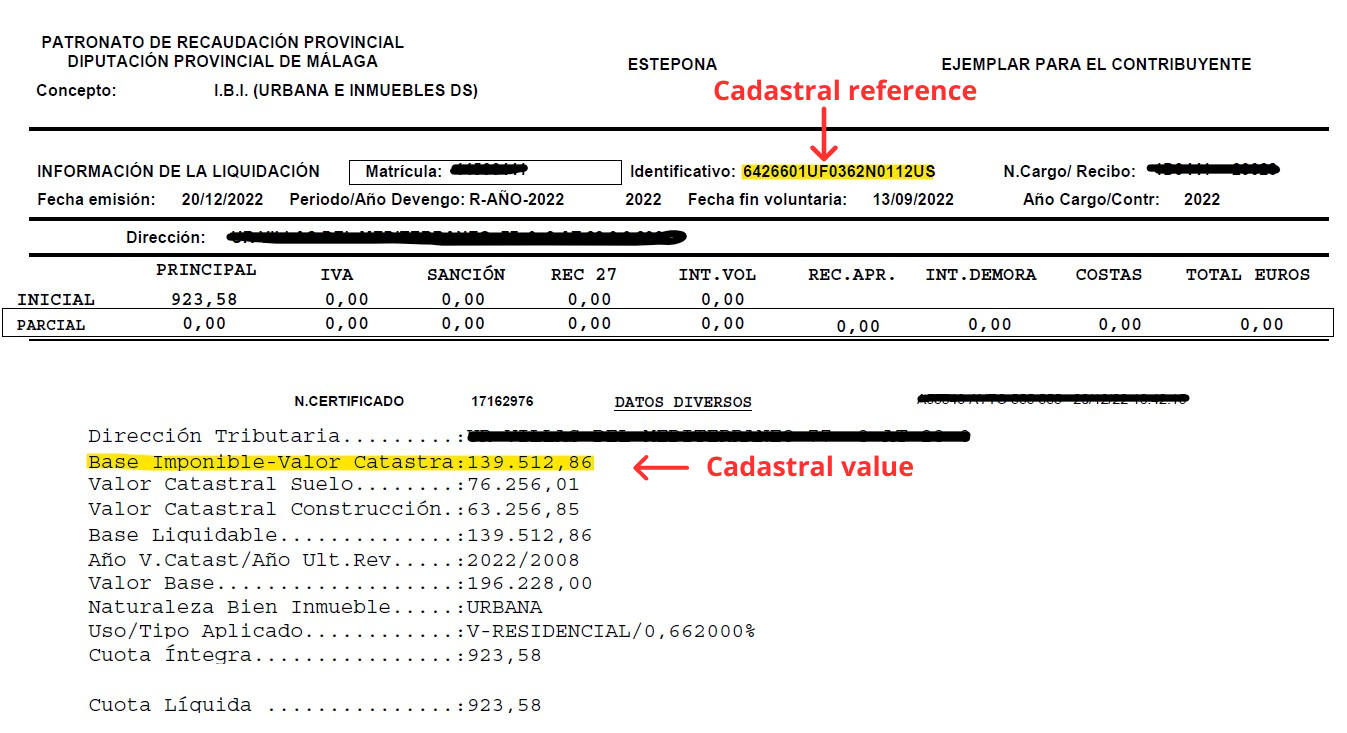What is the non-resident tax in Spain?
The Non-resident Tax is the income tax for those taxpayers who qualify as non-residents in Spain. Typically, you will be deemed a non-resident for tax purposes when you spend less than 183 days in the Spanish territory within the calendar year.
You have to pay the non-resident tax when you own a property in Spain whether for personal use (imputed income) or rental, as well as for any income or capital gains obtained in the Spanish territory.
What taxes do I pay as a non-resident property owner?
When you own a Spanish property for personal use, you will have to pay non-resident tax even if you don't get any income from your property. In particular, you are required to declare an imputed or deemed income on each Spanish property. In addition, you may also pay taxes on rental income as well as for any profit you make from the sale of the property.
So as a property owner in Spain, there are three types of non-resident tax that you might have to pay.
- Imputed Income Tax. This is what you pay annually for the mere fact of having a Spanish property even if you do not generate any income from it. This tax is different from any local taxes you may pay for your Spanish property. The Annual non-resident tax calculator estimates the amount you owe for this tax.
- Rental Income Tax. This is what you pay on the rent you earn. Rental Income is declared quarterly.
- Capital Gains Tax. Capital Gains Tax is what you should pay if you sell your Spanish property for a profit. This tax is also used to claim a refund if you sell at a loss.
How is the annual non-resident tax calculated?
When you're a non-resident property owner in Spain, you have to pay your non-resident tax on imputed income in your annual non-resident tax return. Our calculator helps you quickly assess how much you owe.
The Taxable Base corresponds to the imputed income that is calculated by multiplying the cadastral value of the property known as “Valor catastral” by the imputed percentage applicable to the municipality (2% or 1.1%). You are required to declare an imputed income on each Spanish property, even if the property is for personal use or empty.
Regarding the calculation of the imputed income in Spain, you should know that the 1.1% is only applicable to those municipalities whose cadastral values have been reviewed within the past 10 years under a collective valuation procedure carried out by the Spanish authorities. The properties located within the rest of the municipalities must use the 2%. The list of municipalities that can apply for the 1.1% is published every year by the Spanish tax authorities.
Please note that according to Spanish tax law, an individual revision of your property’s cadastral value does not affect the applicable %.
What is the tax rate for the annual non-resident tax in Spain?
The tax rate for the non-resident tax in Spain depends on the country of tax residency. Here are the general tax rates:
- Residents in Non-EU Countries are subject to a tax rate of 24%.
- Residents in EU Countries, Norway, Iceland, and Liechtenstein are subject to a reduced tax rate of 19%.
Is the estimate provided by the Annual Non-Resident Tax Return Calculator accurate?
While our calculator provides a reliable estimate, please note that it is for informational purposes only. We recommend that you register and use our tax tool to confirm the exact amount you owe for the non-resident tax. For example, if the property is acquired within the tax year, the tax due will be reduced proportionally.

